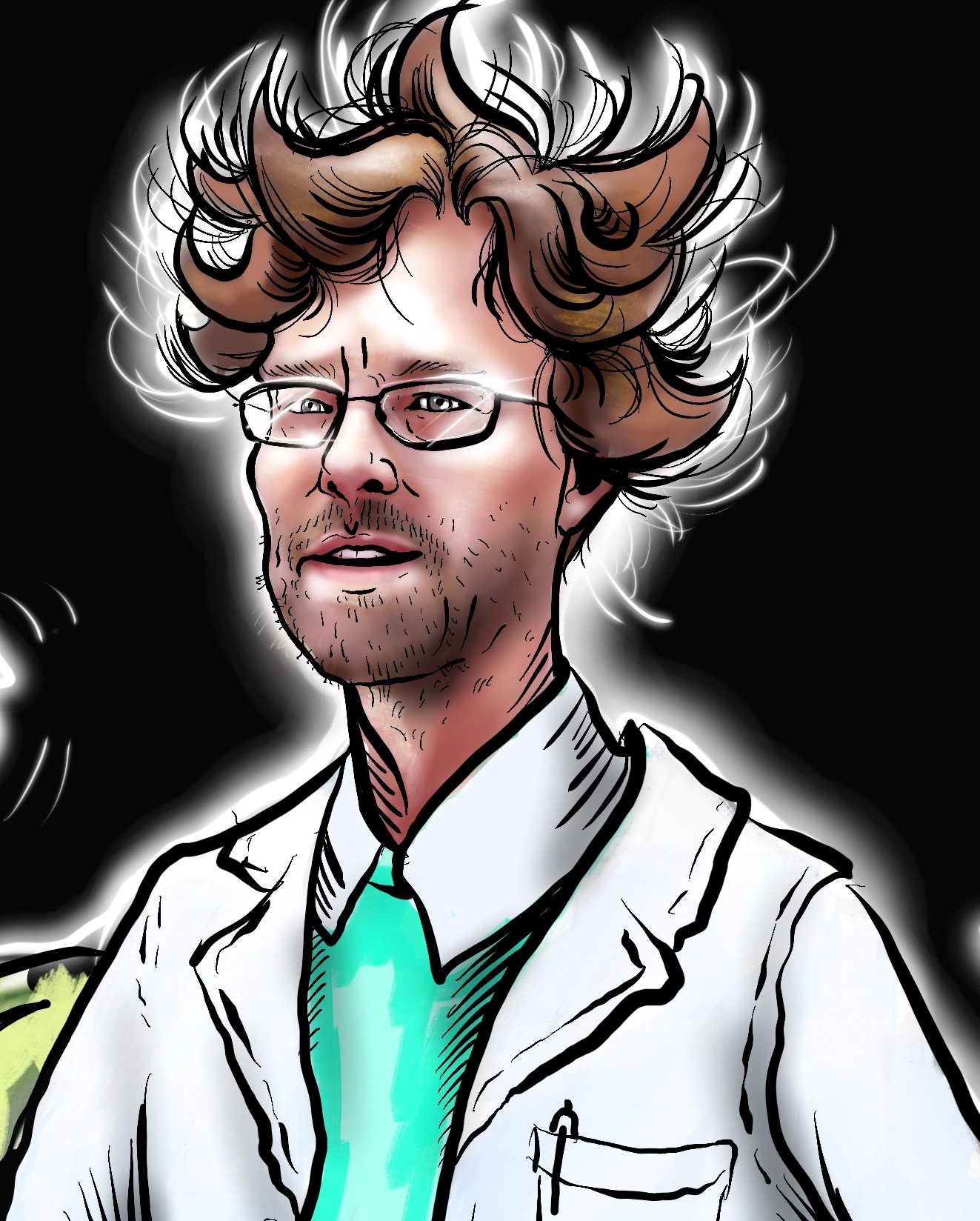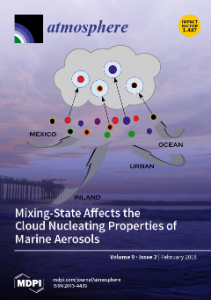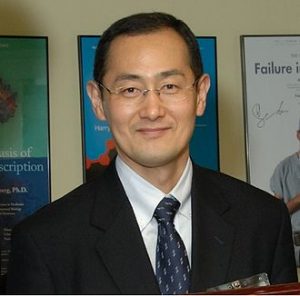 Here’s something we haven’t seen before: The U.S. Office of Research Integrity has issued a second notice for a former researcher at the National Institutes of Health, after determining she withheld information during the first investigation.
Here’s something we haven’t seen before: The U.S. Office of Research Integrity has issued a second notice for a former researcher at the National Institutes of Health, after determining she withheld information during the first investigation.
Last year, the ORI sanctioned Brandi M. Baughman — formerly at the National Institute of Environmental and Health Sciences — after she “falsified and/or fabricated data” in 11 figures in a 2016 paper. Sanctions included agreeing to have her research supervised for three years. Now, the agency has barred her from receiving federal grants for two years. The reason:
Continue reading In what appears to be a first, researcher sanctioned twice by ORI






